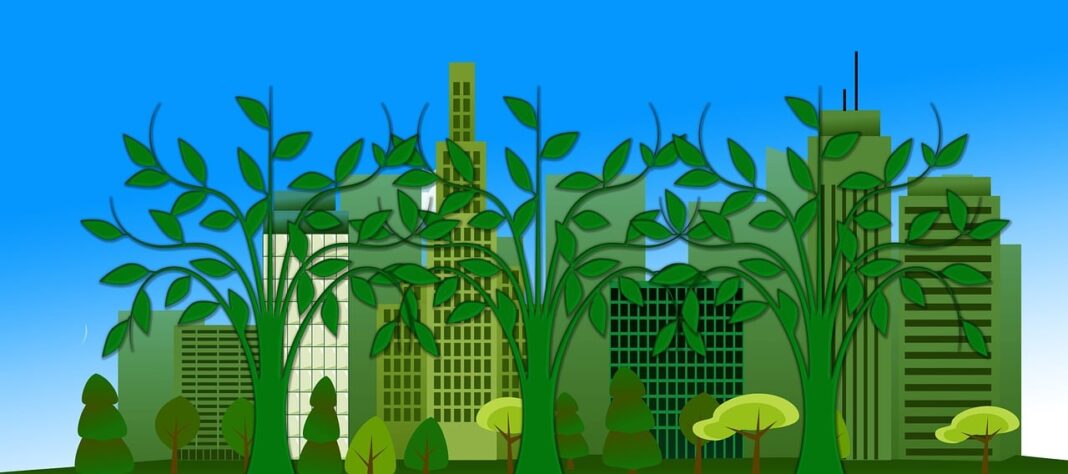The issue of climate change and environmental degradation has become increasingly pressing in recent years, and has been widely recognized as a significant threat to human societies and the planet as a whole. However, it is also important to consider the economic implications of these challenges, as they can have significant impacts on global economies, industries, and individuals. This essay aims to explore the economic implications of climate change and environmental degradation, examining the ways in which they can affect economic growth, industries, trade, and the livelihoods of people around the world.
Table of contents
Introduction
Climate change and environmental degradation are among the greatest challenges facing the world today, with the potential to cause significant harm to ecosystems, human health, and economies. The global economy is deeply interconnected with the natural environment, and the effects of climate change and environmental degradation are already being felt across a range of economic sectors. The following sections will examine the various ways in which these challenges can impact economic growth, industries, trade, and the livelihoods of people around the world.
Economic growth and climate change
Climate change can have significant impacts on economic growth, with the potential to cause long-term economic losses. Extreme weather events, rising sea levels, and changes in temperature patterns can all have negative effects on infrastructure, agriculture, and other key economic sectors. In addition, climate change can also affect human health, reducing workforce productivity and increasing healthcare costs. The economic impacts of climate change can be particularly severe in low-income countries, where economies may be more vulnerable to natural disasters and other climate-related risks.
Industries and climate change
Climate change can also have significant impacts on industries, particularly those that are dependent on natural resources. Agriculture, forestry, and fisheries are all examples of industries that are likely to be affected by climate change, as rising temperatures, changing rainfall patterns, and sea level rise can all impact crop yields, forest growth, and fish populations. In addition, industries that rely on fossil fuels, such as oil and gas, may also face significant challenges as the world moves towards a low-carbon economy.
Trade and climate change
Climate change can also have significant impacts on global trade, as changes in weather patterns and natural resource availability can affect supply chains and trade routes. In addition, countries that are particularly vulnerable to climate change may face significant trade-related challenges, as reduced agricultural productivity and other climate-related risks can impact their ability to compete in global markets. Trade policies can also have a significant impact on efforts to address climate change, as policies that support environmentally sustainable practices can help to reduce greenhouse gas emissions and protect the environment.
Livelihoods and climate change
Finally, climate change can have significant impacts on the livelihoods of people around the world, particularly those who are dependent on natural resources for their income and well-being. In low-income countries, where many people rely on agriculture and other natural resource-based activities for their livelihoods, climate change can have particularly severe impacts. Rising sea levels, drought, and other climate-related risks can all threaten livelihoods and increase poverty. In addition, climate change can also exacerbate existing social and economic inequalities, as those who are most vulnerable to its effects may also be those who have the least resources to adapt and cope.
Conclusion
The economic implications of climate change and environmental degradation are significant, and require urgent action from governments, businesses, and individuals around the world. Efforts to address climate change and protect the environment can help to reduce the economic risks and costs associated with these challenges, while also promoting sustainable economic growth and development. By working together to develop innovative solutions and implement policies that support environmentally sustainable practices, we can create a more resilient and prosperous future for all.



 For all latest articles, follow on Google News
For all latest articles, follow on Google News